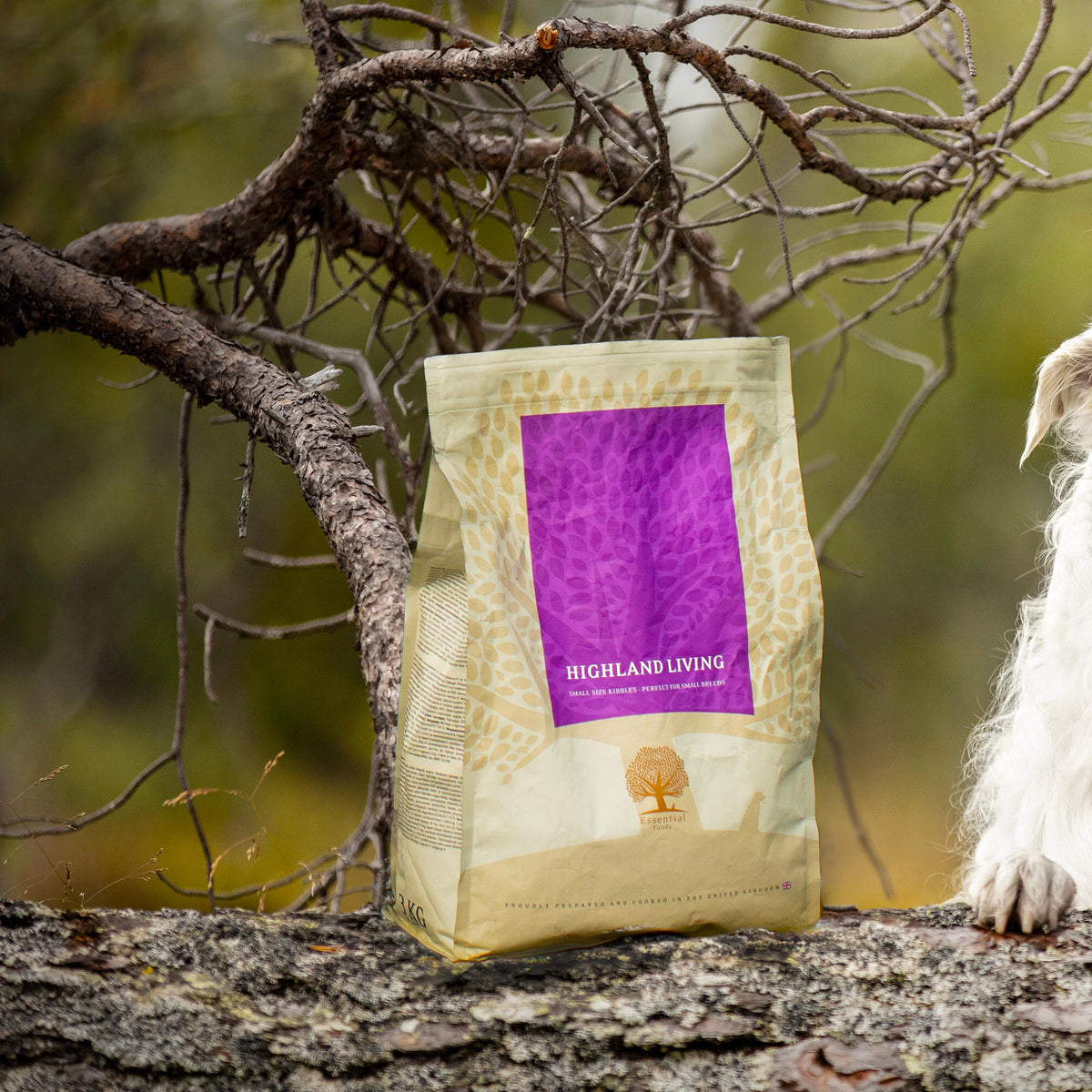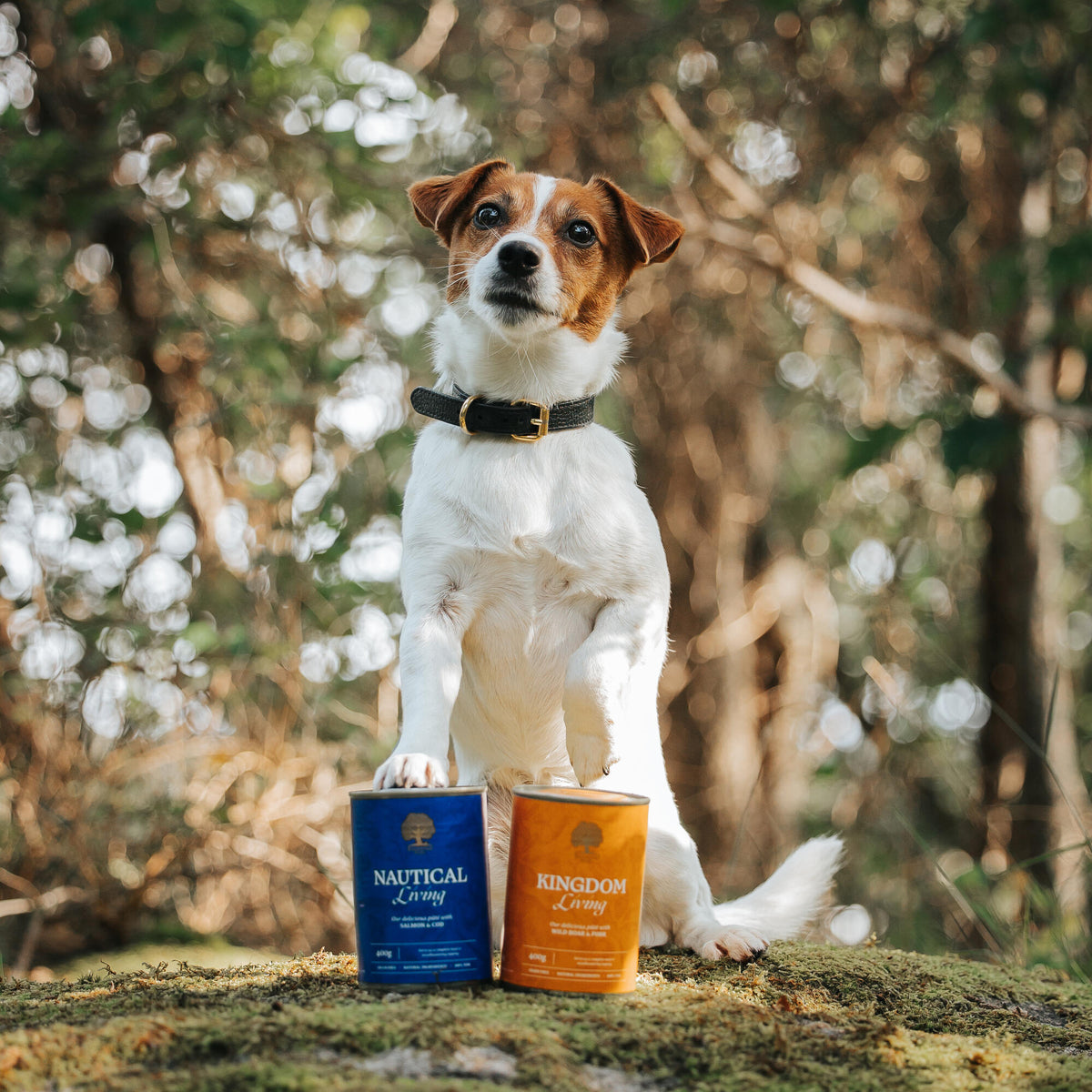Your Cart is Empty

Embarking on the journey of raising a puppy often prompts the question, "How much food do you give a puppy?" As devoted pet owners, we recognize the significance of nourishing our furry companions with the proper nutrition during their early months. In this comprehensive guide, we delve into the intricacies of puppy feeding, offering insights into portion sizes, feeding frequencies, and essential considerations to ensure the optimal growth and development of your canine companion.
Before delving into specific feeding guidelines, it's vital to grasp the fundamentals of puppy nutrition. Puppies possess unique dietary needs compared to adult dogs, owing to their rapid growth and development. During this critical phase, puppies necessitate a well-rounded diet rich in essential nutrients like proteins, fats, carbohydrates, vitamins, and minerals to foster healthy bone and muscle development, cognitive function, and immune system resilience.
The appropriate quantity of food for a puppy hinges on several factors, including age, breed, size, activity level, and overall health. As a general rule, puppies require more calories per pound of body weight than adult dogs to fuel their growth and sustain their high energy levels. However, it's imperative to avoid overfeeding, as excessive weight gain during puppyhood can predispose them to obesity and associated health complications in later life.
When considering how much puppy food to give, the frequency of feedings plays a pivotal role. Unlike adult dogs, which typically consume one or two meals daily, puppies possess smaller stomach capacities and faster metabolisms, necessitating more frequent feeding sessions. Most veterinarians recommend feeding puppies three to four times daily, evenly spaced throughout the day, to prevent overeating, stabilize blood sugar levels, and promote optimal digestion.
As puppies progress through their growth stages, their dietary requirements evolve accordingly. Vigilant monitoring of their growth trajectory enables pet owners to adjust food portions appropriately, ensuring that puppies receive adequate nutrition without excess calories. Factors such as a puppy's body condition score, growth rate, and overall health status serve as valuable indicators for determining whether adjustments to food intake are necessary.
Selecting the appropriate puppy food is paramount for your puppy's well-being. Opt for high-quality, commercially available puppy food specifically formulated to meet the nutritional needs of puppies. Look for products labeled as "complete and balanced" by reputable brands.
Large and small breeds exhibit distinct nutritional requirements that warrant consideration when determining how much puppy food to provide. Large breed puppies, such as Great Danes and Mastiffs, are susceptible to skeletal issues like hip dysplasia and require controlled growth rates to mitigate the risk of musculoskeletal complications. Conversely, small breed puppies possess higher metabolic rates and may benefit from more frequent, smaller meals to sustain steady energy levels.
Some puppies may exhibit picky eating behaviors, presenting a challenge for pet owners during mealtime. If your puppy displays reluctance to eat, consider offering a diverse array of flavors and textures to stimulate their appetite. Avoid free-feeding or leaving food out continuously, as this can lead to overconsumption and weight gain. Instead, establish a consistent feeding schedule and promptly remove any uneaten food after a designated period to prevent spoilage.
In conclusion, determining how much puppy food to give is a critical aspect of responsible puppy care. By understanding the nutritional needs of puppies, closely monitoring their growth, and providing them with high-quality puppy food, we can ensure that our puppies develop into healthy, happy, and resilient adults. Among the plethora of options available, Essentials Puppy Food stands out as the best choice, offering a balanced and nutritious formula tailored to support the unique needs of growing puppies. When selecting the ideal dog food for your puppy, prioritize quality and nutritional value to set them on the path to a lifetime of health and happiness.


